Females who wish to delay family building must opt for Egg Freezing to make a smart decision on time.
Egg freezing, also known as oocyte cryopreservation, has gained popularity in recent years as a fertility preservation method. With advancements in reproductive technology, more women are considering this option to secure their future fertility.
Whether you’re delaying parenthood for personal or medical reasons, understanding the ins and outs of egg freezing is crucial. This blog will provide a comprehensive guide to egg freezing, covering its types, costs, processes, risks, and who may benefit from it.
Egg preservation is also known as mature oocyte cryopreservation. This is an Assisted Reproductive technique where a woman’s eggs are retrieved and frozen for future purposes. Egg freezing for women gives hope and keeps doors of motherhood open for ladies who wish to start their family later or have a medical condition that might destroy their fertility capacity- like cancer.
This process consists of eggs or oocytes extraction from the intended mothers, and ovaries, freezing unfertilized, and then storing for future use. This is known as fertility preservation in the female. The frozen eggs can be kept for years before thawing and using them for IVF.
Get in touch for a Free Surrogacy Consultancy:
📲 +91-8800481100 ( WhatsApp, Line, Viber)

What Is Egg Freezing?
Egg freezing is a medical procedure that involves harvesting a woman’s eggs, freezing them, and storing them for future use. This allows women to preserve their fertility by having healthy eggs available if they choose to conceive at a later time.
Egg freezing can be a vital option for women who are not ready to have children but want to ensure that they can do so when they are.
Types of Egg Freezing
- Slow Freezing
In the traditional method of egg freezing, eggs are cooled at a slow rate to prevent ice crystals from forming, which could damage the eggs. Although this method was once the most common, it is now largely replaced by more advanced techniques like vitrification.
- Vitrification (Rapid Freezing)
Vitrification is the current gold standard in egg freezing. This technique involves rapidly cooling the eggs to prevent ice crystals from forming, ensuring a higher survival rate. Vitrification has significantly improved the success rates of egg freezing compared to the slow-freezing method.
Comparison of Slow Freezing vs. Vitrification
| Aspect | Slow Freezing | Vitrification |
| Cooling Process | Gradual | Rapid |
| Ice Crystal Risk | High | Minimal |
| Egg Survival Rate | Lower | Higher |
| Preferred Method | Outdated | Gold Standard |
Cost of Egg Freezing
The cost of egg freezing can vary significantly depending on the clinic, location, and the number of cycles required. The total cost can be broken down into several key components:
| Expense | Average Cost |
| Initial Consultation | $200 – $500 |
| Ovarian Stimulation Medication | $3,000 – $5,000 |
| Egg Retrieval Procedure | $6,000 – $10,000 |
| Freezing & Storage Fees | $500 – $1,000 per year |
In total, a single cycle of egg freezing can range from $7,000 to $15,000, excluding annual storage fees. Some women may require multiple cycles to obtain a sufficient number of eggs, which can significantly increase costs.
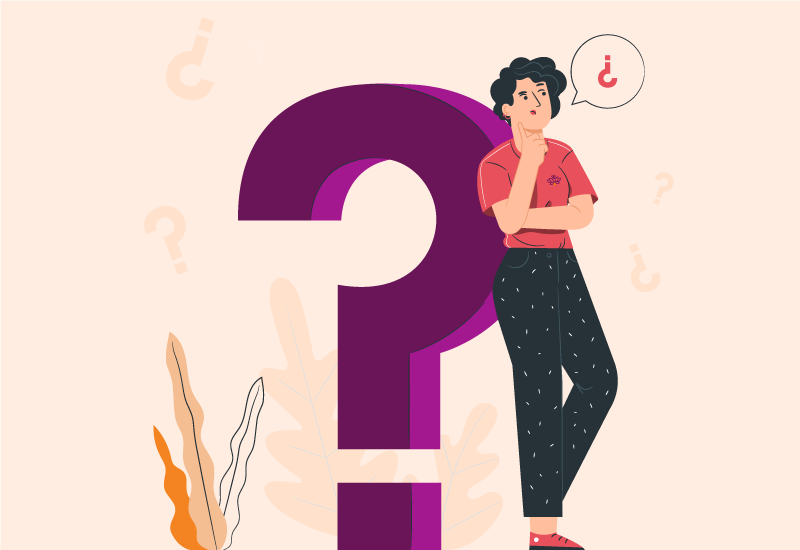
The Egg Freezing Process: Step by Step
Egg freezing involves multiple stages that require careful medical monitoring. Below is a breakdown of the typical process:
- Consultation and Testing
The process begins with a fertility consultation and initial tests to assess hormone levels and ovarian reserve (AMH and FSH levels). These tests help determine how many eggs are likely to be retrieved.
- Ovarian Stimulation
The woman is prescribed hormone injections to stimulate the ovaries to produce multiple eggs. This phase lasts about 10-14 days, during which the progress is closely monitored through ultrasounds and blood tests.
- Egg Retrieval
Once the eggs are mature, they are retrieved from the ovaries using a minor surgical procedure called follicular aspiration. This is done under sedation and takes about 20-30 minutes.
- Egg Freezing
The retrieved eggs are then frozen using the vitrification method and stored at a fertility clinic until needed.
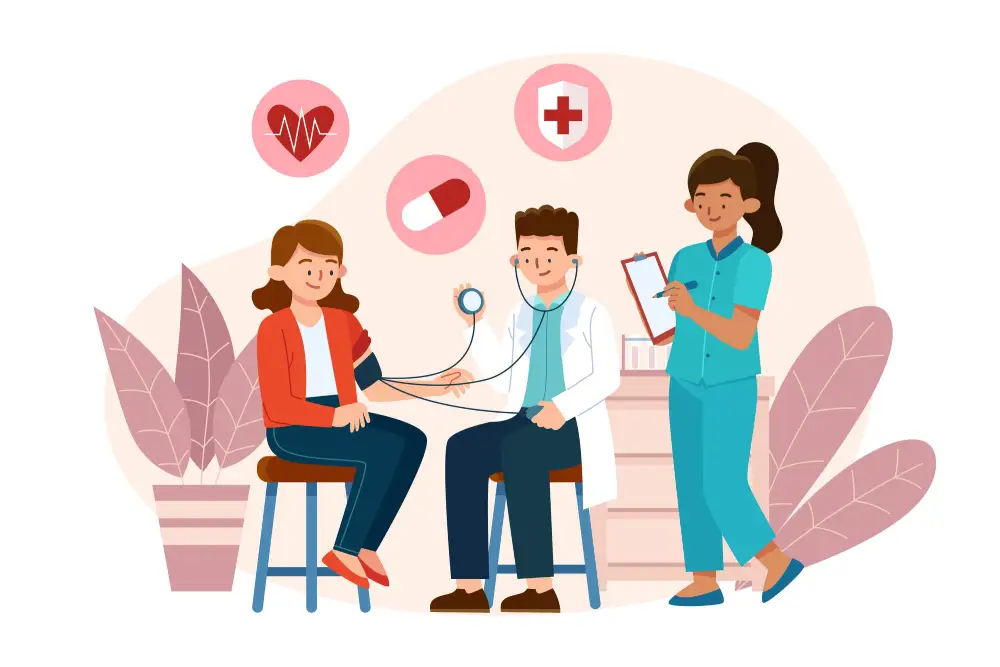
Who should go for Egg Freezing?
So, the freezing of eggs is done by two methods. But why do we need to freeze eggs?
There are many reasons why we need to freeze eggs-
- Advancing age diminishes the quality of eggs – The advanced age of women diminishes the quality and quantity of eggs. As the conception of an egg reduces every month, the chances of an egg with chromosomal disabilities increase further. Hence, the chances of miscarriage increase. Therefore, egg preservation will help these women to save the quality of the egg and then can use them for future IVF purposes.
- Focus on career- Some women want to focus on their career in the beginning and then go the family way. So, egg preservation allows women to be in the same field as men. Also, they can wait for longer to go the family way as they have found a solution to their ticking biological clock.
- Conditions not suitable for pregnancy – In cases where a woman is suffering from sickle cell anemia or lupus etc. In these cases, a woman may consider preserving her eggs for future purposes.
- Undergoing IVF – A woman may be required to freeze her egg in the process of In Vitro Fertilisation. Further, a woman can do this owing to religious and ethical purposes.
- Treatment of a disease that may affect your ability to get pregnant – Certain diseases like cancer requires certain therapies to be performed to treat the disease like chemotherapy. Treatments like radiation therapy and chemotherapy may decrease your chances of having a child in the future. Hence, the doctor may advise you to preserve your eggs for future pregnancy.
Also, it is found that women in the age of 20s have a 25 % chance of pregnancies while once women enter the age of 30s this may get reduced to 15% and only 5% when women are in their 40s.
More topics on female infertility;
Cause of male infertility and how to manage it?
Risks of egg freezing
Egg preservations don’t come only with benefits. It has some risks and complications as well.
- Retrieval Procedure Complications – Egg retrievals complications include the use of the needle. That needle sometimes results in infection, bleeding, and damage to the bowel, bladder, and blood vessels.
- Use of fertility drugs – The use of injectable fertility medicines such as luteinizing hormones or synthetic follicle-stimulating hormones to induce ovulation can cause your ovaries to swell and become painful shortly after ovulation or recovery of eggs. This condition is known as ovarian hyperstimulation syndrome. One can even develop a more severe form of this disease which can become life-threatening conditions.
- No guarantee of success – While egg preservation works like a hope for the best future, it does not guarantee you 100% success.
- The cost of egg freezing is high- As with any form of assisted reproductive technique, egg freezing comes with lots of costs. The cost of pre-IVF tests, the stimulation medication, procedure cost, and fertility doctor consultation fees need to be covered. The egg freezing cost varies from IVF clinics to the age of the female. As no in vitro fertilization and embryos, the transfer is done, so the overall cost of egg freezing will be lower than the typical IVF cost.
What is a good age to freeze your eggs?
Younger the better. In woman’s biological clock for fertility ticks really quickly. By the time of 35 years of age, women start losing their eggs and fertility fast. So, the best age to freeze the eggs should be anywhere between 25 to 35 years. But sooner the better for the optimum success rate of pregnancy.
How much does it cost to freeze my eggs?
A typical single egg–freezing cycle costs from $5000 to $10,000. It consists of initial fertility and infectious tests, injections, and retrieval surgery. Besides this, you need to pay the annual storage fee to make sure your eggs are viable and well-taken care of.
When you wish to become parents, the cost of eggs—thaw, fertilize, and the transplant. This cost can go up to $15,000 to $20,000.
 Conclusion
Conclusion
Whether egg preservation is right for you or not will be assessed by an infertility doctor based on your current situation and medical history. Egg freezing helps the women to freeze their eggs and concentrate on their profession or studies. If you want to freeze your eggs, you should consult an infertility doctor so that he/she can guide you with the possible risks and opportunities.
Therefore, one must know each and every risk and opportunity before egg preservation before going for the same. Hope for the best and Good Luck!
The first step starts with a consultation with a fertility doctor. Based on your evaluation and age, they might give assist you further.
If you’d like to learn more about IVF, Egg Donation, or surrogacy services globally, check out the rest of our website at IVF Conceptions. We offer legally secure and affordable surrogacy consulting services for FREE.
Get in touch for a Free Surrogacy Consultancy:
📲 +91-8800481100 ( WhatsApp, Line, Viber)
 FAQs for egg freezing process
FAQs for egg freezing process
- How long can eggs be stored? Eggs can be stored for many years, with some reports indicating successful pregnancies from eggs frozen for over 10 years. However, it’s essential to consult your clinic about storage timelines and their specific policies.
- How many eggs should I freeze? The recommended number varies by age, but most specialists suggest freezing 15-20 eggs to increase the chances of a successful pregnancy in the future.
- Is egg freezing painful? The egg retrieval process is typically not painful, as it’s performed under sedation. However, hormone injections during ovarian stimulation can cause discomfort.
- What is the success rate of egg freezing? Success rates depend on the woman’s age at the time of freezing and the number of eggs retrieved. Younger eggs generally have higher success rates when used later.
- Does egg freezing guarantee a future pregnancy? No, egg freezing does not guarantee a future pregnancy. Many factors, including egg quality, fertilization success, and overall health, play a role in the outcome.

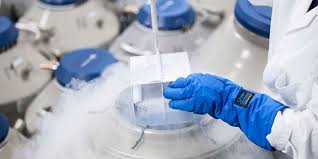
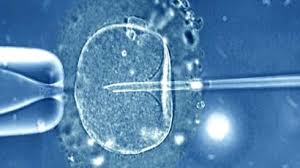
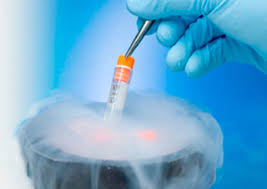 Conclusion
Conclusion FAQs
FAQs